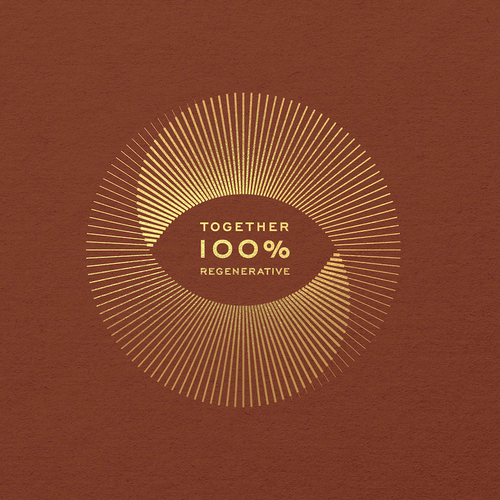Poverty is an extractive industry. It takes value from people, transfers it to others and disvalues the producers. The impoverished may dwell in makeshift shelters where there is pollution, insufficient sanitation, impure water and marginal schools – if any. They suffer constant economic stress and lack of healthcare. Most of the five million cacao farming families live under such extreme conditions and are powerless to change the system. Unsustainable resource exploitation (often deforestation) is a common denominator that keeps many afloat.
In Ecuador, as an example, more than 30% of the land in nature reserves - five million plus hectares - is occupied by poor families struggling to survive. As a consequence, less than 4% of Ecuador’s coastal Chocó rainforests remain. Globally, this developing country scenario is a norm; its impact on people, biodiversity and climate change is massive.
The other harm caused by chronic poverty is the insensitivity of those who have “no time to care” about such remote matters. But reversing the climate crisis cannot be done by one country, one culture or one demographic. The crisis, if it could speak, would tell us all that we have forgotten that we truly are a “we,” and nothing less than In 2020, Original Beans our joint effort is sufficient.
